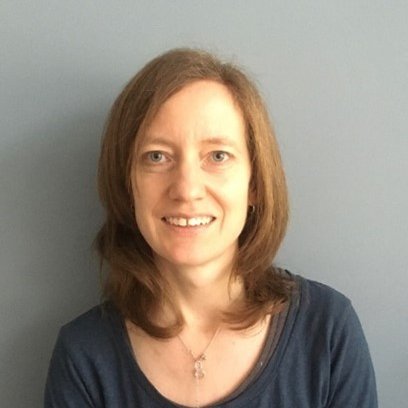Is Family Based Treatment for anorexia nervosa starved of nutritional intervention?
The key focus of Phase one in the Family Based treatment (FBT) manual for Anorexia Nervosa (Lock & Le Grange, 2015) and additionally the Maudsley family treatment approach (Eisler et al,2016) is empowering parents with the task of re-feeding their young person. This assumes that parents have adequate knowledge and skills, albeit with the support of their practitioner to undertake this task.
As no specific nutritional education is currently written into these therapies for parents or young people, we were curious as to whether there was a need for this. Both these approaches we’re seeing have been impacted on by cultural advice linked to recent obesity campaigns, where parents can start questioning themselves on their knowledge base around food choices.
We have relooked at how we empower parents via undertaking a small-scale evaluation project within the Dorset Eating disorder service. This was to understand parents’ and young people's views on whether a specific nutritional intervention using a food pyramid educational tool would support increased parental confidence and empowerment in refeeding their young person. It also looked at whether young people themselves would also benefit from this intervention during their recovery journey, and how it could be helpful to them.
Wider views were also sort from practitioners in the service, together with Dietitians working within eating disorders, and non-specialist areas.
A combination of questionnaires and reflection groups were used to gather information from parents and young people in the different phases of the family-based treatment, together with professional voices.
Parents found the food pyramid educational tool effective at increasing their confidence in choosing meal and snacks for their young person when in the refeeding stages. This was more effective when intervention was given in a group education session verses just a handout given.
Young people found the messages in the food pyramid supportive in challenging nutritional beliefs, and valued the importance of a specific nutritional intervention within their recovery journey.
We have found that introducing a specific nutritional intervention, in an empowering way alongside a family treatment approach can increase confidence for parents and is supportive for young people too. This was confirmed by professional views.
Future research would be exploring further tools that could complement these approaches to empower families and young people.
Ruth Devenish & Karen Bagley


Ruth Devenish is a Dietitian working within the Dorset eating disorder service. Her main focus of work being with families and young people, providing nutritional interventions and resources to support recovery journeys.
Karen Bagley is a Systemic Psychotherapist, also within the Dorset eating disorder service. She leads on the implementation of any family approaches and offers supervision as part of that. She has a particular interest in running multi-family group interventions.